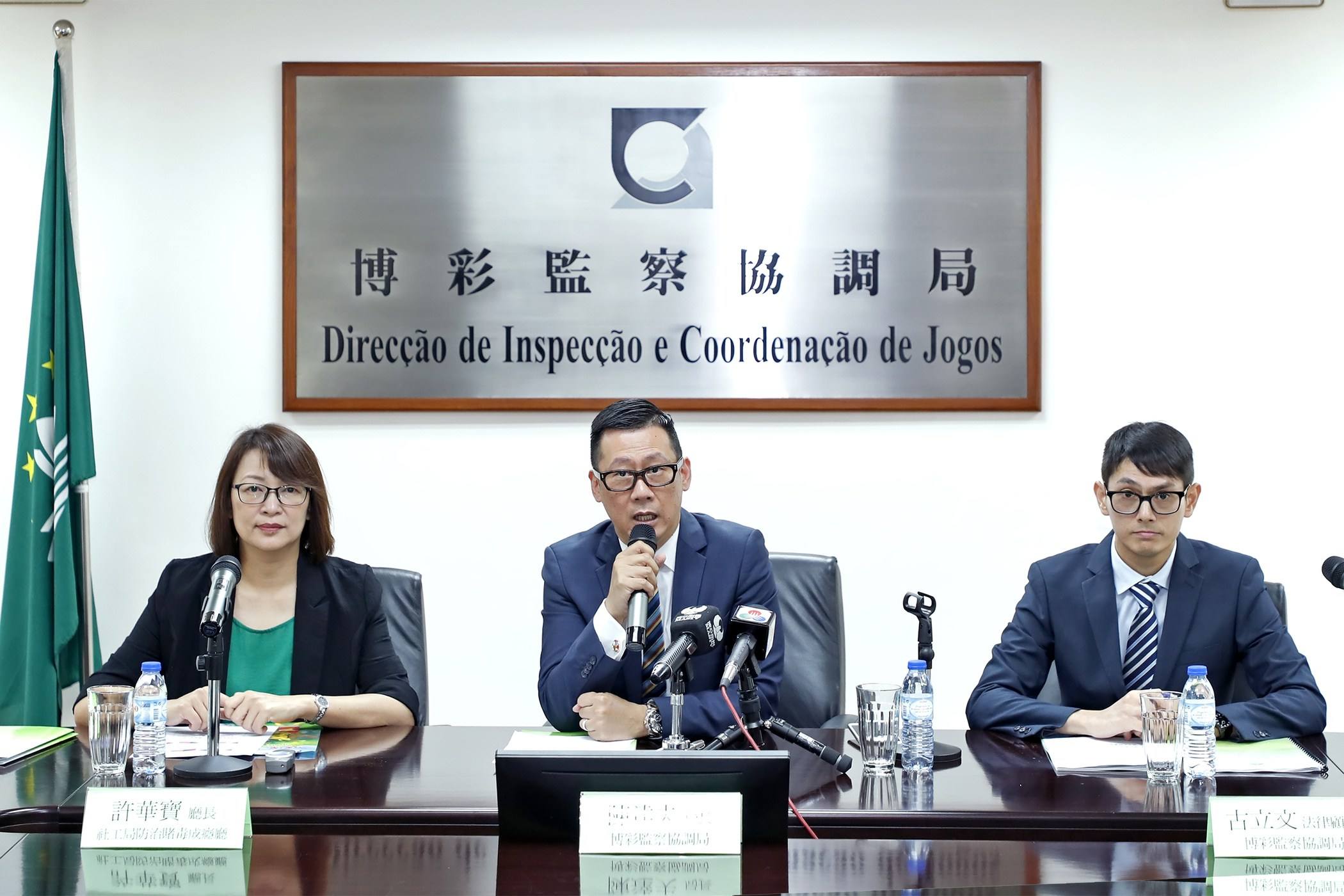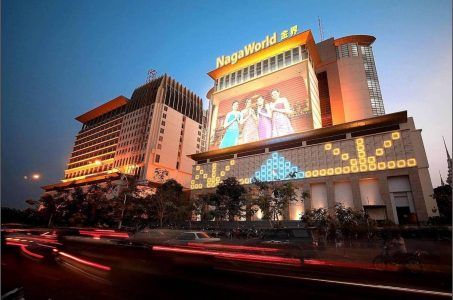The 13 Still Hasn’t Submitted a Macau Gaming Application, and Permits Are Running Dry
Posted on: November 16, 2017, 01:00h.
Last updated on: November 16, 2017, 10:28h.
The 13, an ultra-luxury resort concept from flamboyant Hong Kong businessman Stephen Hung, has ran up a construction tab of over $1.6 billion.

The much-delayed 200 all-villa hotel located south of the Cotai Strip in Coloane Village is finally slated to open in March, but when it does, the property presumably won’t have a casino.
Macau Chief Executive Chui Sai On revealed this week that a full review of the casino market is coming ahead of the licensing renewal period for the region’s six operators, which begins in 2020. More stringent regulations are expected to be placed on the industry, and that means the guidelines that oversee satellite casinos, gaming venues that partner with one of Macau’s six licensed operators, won’t be easing.
Macau Gaming Inspection and Coordination Bureau chief Paulo Martins Chan (pictured above, center) said as much this week to GGRAsia.
“The important aspect is to maintain the size of the Macau market in terms of gaming tables,” Chan explained. “That is the most important criteria.”
Macau’s gaming laws mandate that table numbers grow by three percent or less each year through 2022.
The Royal Dragon Casino commenced operations in September featuring 20 tables at its small three-star hotel. The satellite operates through an agreement with SJM Holdings. Macau’s five other casino licensees are Sands China, Wynn Macau, MGM China, Galaxy Entertainment, and Melco Resorts.
With each satellite the gaming regulator approves, fewer permits remain, which is of course more bad news for The 13.
Development Disaster
Stephen Hung spared no expense in bringing his vision to life. He’s purchased, with investor money, 30 custom Rolls Royce Phantoms to serve as shuttles for hotel guests at a cost of $20 million. The vehicles have already arrived despite the resort still months away from taking its first reservation.
The location of The 13 also has analysts scratching their heads. The Cotai Strip is where the main high roller action is in Macau, but Hung’s property is almost a mile south of the main drag’s most southern end.
While the six licensed operators have invested tens of billions of dollars on the Strip, Hung opted to go south of Caesars’ former golf course, now known as the Orient Golf Club. Bloomberg Intelligence gaming analyst Margaret Huang said recently that unless The 13 has a casino, the hotel will struggle to attract the type of wealthy guest it seeks.
“If the property operates as a standalone hotel, it may be difficult to justify room rates to match its high-end focus,” she explained. “Without a casino, it would be nearly impossible to have gamblers book rooms separately with them.”
Chan said his office has yet to receive an application from The 13, nor is he aware that the resort is in discussions with any of the six licensed operators to form a satellite pact.
Investors in Hung’s stock that was used to develop The 13 have seen their capital disappear. Traded on the Hong Kong Stock Exchange, each share of The 13 Holdings is today worth HKD0.37. In US dollars, ahem cents, that converts to a nickel.
Related News Articles
Most Popular
Mirage Las Vegas Demolition to Start Next Week, Atrium a Goner
Where All the Mirage Relics Will Go
Most Commented
-
Bally’s Facing Five Months of Daily Demolition for Chicago Casino
— June 18, 2024 — 12 Comments -
Chicago Pension Mess Highlights Need for Bally’s Casino
— July 2, 2024 — 5 Comments
















No comments yet